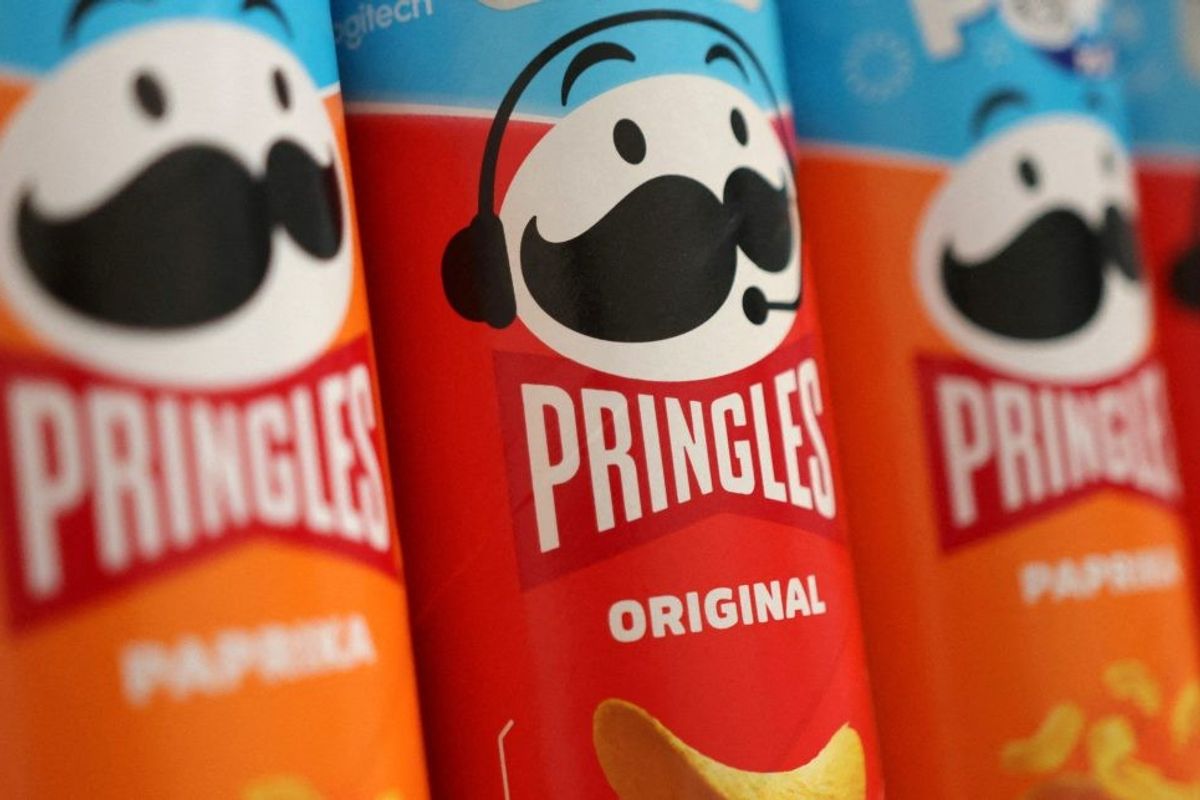- Mars' $36 billion bid for Pringles maker Kellanova is facing a full-scale EU antitrust investigation due to concerns about its high market share and strong brand portfolio in some European countries.
- The European Commission is worried about the potential for Mars' dominant position in certain products to create market power, making it difficult to find remedies to address these concerns.
- The deal, announced by Mars last year, combines popular brands like M&M's and Snickers with Pringles and Pop-Tarts, reflecting a trend of consolidation in the sector as companies seek scale to navigate challenges like inflation and changing consumer preferences.
Mars' $36 billion (£26.9bn) bid for Pringles maker Kellanova is set to face a full-scale EU antitrust investigation, Reuters reported on Wednesday citing people close to the matter, which could require the candy giant to divest assets to address competition concerns.
The European Commission, which acts as the antitrust watchdog in the 27-country bloc, is concerned about Mars' high market share in some products in some European Union countries and its portfolio of strong brands, the sources said.
Family-owned Mars is unlikely to offer remedies to assuage such concerns during the EU competition enforcer's preliminary review of the deal, which ends on June 25, the sources said.
Finding remedies to address such so-called portfolio effects, which refers to a combined portfolio of products boosting a company's dominant position or creating market power, can be difficult, antitrust observers say.
The Commission declined to comment. Mars and Kellanova did not respond to repeated emails for comment.
Kellanova share price shed 1.1 per cent to a 10-month low after Reuters reported in late trading.
Trend of consolidation
The deal bringing brands from M&M’s and Snickers to Pringles and Pop-Tarts under one roof was announced by Mars in August last year and is among the biggest deals in a sector that has featured a wave of consolidation as companies seek scale to weather the impact of inflation-weary consumers cutting back on spending and shifting to private label brands.
European retailers have voiced concerns about the deal, citing the power of large international suppliers of branded packaged goods and the high concentration levels in products such as breakfast cereals, carbonated drinks, confectionery and frozen desserts.
They say such high market shares give large suppliers the power to impose restrictions and practices to retailers' detriment.
(Reuters)


